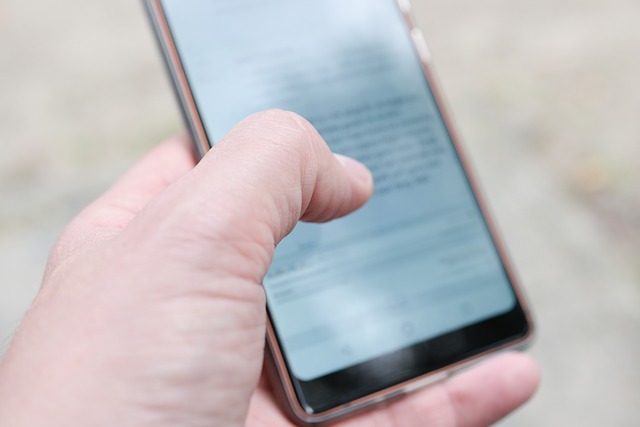By Mike Rhodes, founder of ConsultMyApp
Following its acquisitions of UK-based credit-checking start-up Credit Kudos earlier this year, Apple has accelerated its ambitions within the mobile payments industry through the announcement of its move into the ‘buy-now-pay-later’ (BNPL) space.
Unveiled at the company’s annual Worldwide Developers Conference last month, the move will allow iPhone owners to stagger payments over a 6-week period.
This is set to shake up the previously unsaturated market, but what does the move really mean for the payments industry?
Market impact
Without a doubt, the BNPL market has exploded in recent years, with British fintech apps such as Revolut and Klarna joining the ranks. However, Apple entering the BNPL market through its iOS16 update (initially in the US) has raised the competitive threat.
This new offering from one of the world’s largest Big Tech companies is almost certainly going to take away large swaths of business from established market players. Apps such as Klarna require support from retailers to operate, whereas Apple’s BNPL offering is set to be accepted wherever Apple Pay currently is – including online, in-store and on apps. Consumers are therefore more likely to flock to this offering out of simple ease, so this move can almost be seen as an abuse of Apple’s monopolistic position in the phone market.
In fact, Klarna have already started to lay off staff and shares in the US BNPL company Affirm have dropped by around 19% since Apple made the announcement, demonstrating the rapid ripple effects of this move.

Increased regulatory interest
To date, the BNPL space has been characterized by a lack of regulation. However, as concerns have grown around the amount of debt consumers can accumulate, the narrative is rapidly shifting and, with new players entering the space, it is already starting to get increased regulatory interest.
In fact, the UK Government has already announced that it will be working to tighten rules around BNPL services, especially to make sure short-term credit is being offered in a responsible way as the cost of living crisis accelerates. It is therefore more than likely that other Governments will issue new rules for providers and regulate the industry in a much tougher way than it is now.
For Apple, this won’t be a big concern as it is not part of their core business offering. However, for the likes of Klarna, it most certainly will as it is their entire business offering.
Super App ambitions?
This latest move from Apple has also revoked speculation around its super app ambitions.
Given WeChat and Alipay’s market grip in China, it is no wonder that the likes of Apple, Amazon and Google may be exploring this path as well. At the end of the day, the opportunity for a super app is to continuously engage in new ways with consumers that are already part of its ecosystem by providing seamless connectivity between everyday activities.
With its market domination with the AppStore and Apple pay, and its communication offerings through iMessage and FaceTime, some could consider it is already on the way. Now, it’s venture into the BNPL space could be seen as a way to enhance these ambitions by supporting payments for goods and services within a super app ecosystem.
However, I have always believed that the concept of a super app is somewhat misguided as no one brand or company can be expected to be an expert in all areas. For Apple to truly compete in this space, it would have to consider how it can adapt its business model to encompass aspects such as social media, transport and retail deliveries as well. The reality of this is still a far flung concept that could only be achieved through acquisition rather than organic offerings.
Looking ahead
At the end of the day, the way consumers want to pay for purchases is changing. Whether that’s been driven through a surge in online shopping during the pandemic or as part of the increased digitization of society, it is plain to see that there is now a demand for greater flexibility and to be able to stagger payments by more manageable amounts.
With the UK BNPL market estimated to be worth £5.7bn last year (more than double the 2020 value), this growth is only set to accelerate further. Therefore, whilst Apple’s move into the sector can be seen as an abuse of its monopolistic position, it is not unsurprising, and we would be amiss to assume other Big Tech companies won’t follow suit.
Now only time will tell whether established FinTechs can withstand increased regulation and if new market players can find a competitive edge within the mobile payments industry.


